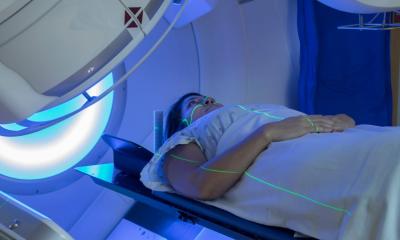France: Ministry of Health initiative ensures emissions conformity
Following the Grenelle Environmental meeting in 2007, the French Ministry of Health has a specific mission: to set an example to the public as to what can be achieved by investing in energy saving.
New standards are to be applied in all public and private healthcare establishments in France – in total 60 million m2 of buildings. These need to be managed in an environmentally-friendly way to reduce both consumption of resources and CO2 emissions.
Since 1st July this year, healthcare establishments can voluntarily apply for a certification known as HQE (High Environmental Quality). The fruit of several years work, this acknowledges efforts hospitals are making to have cost-effective, energy efficient buildings that have low CO2 emissions. The environmental quality approach of the HQE, already applicable for other sectors since 1996, requires the environment to considered at every stage of development and life of a building (planning, design, construction, demolition, etc.).
The initiative is financially supported by the Hôpital 2012 plan, which has funds of 10 billion euros to improve the healthcare infrastructure over five years. Already operational, this ambitious programme covers new constructions and modernisation of existing hospitals. In a further effort to combat global warming, MAINH (Mission Nationale d’Appui à l’Investissement Hospitalier) and the Caisse des Dépôts have provided another financial option in the form of loans, in the region of two billion euros, to promote the environmental quality of building works by actively encouraging sustainable development. Even if an establishment already has a certificate of excellence awarded by the HAS (Health Authority) they can enter into the scheme by examining the environmental credentials of their existing buildings, energy consumption and CO2 emissions (22 institutions have already limited their CO2 quotas by more than 260,000 tonnes annually).
Numerous bodies have been involved in the creation of certification specifically adapted and relevant to the particular needs of hospitals. Within the HQE certification process there are 14 environmental targets to be attained. From the management of energy, water, waste, air quality and the lighting of spaces, to keeping down nuisance levels, as well as visual pollution caused by building sites, these integrated parameters make the HQE scheme a cross-disciplinary and wide-ranging approach to the hospital environment.
Among reasons that health authorities choose to follow this initiative is the opportunity to improve the thermal and operational performance of new constructions, thus reducing running costs in terms of energy prices, maintenance and water consumption. The French Government considers support of the system not expenditure but a long-term investment in the planet’s future.
28.10.2008





